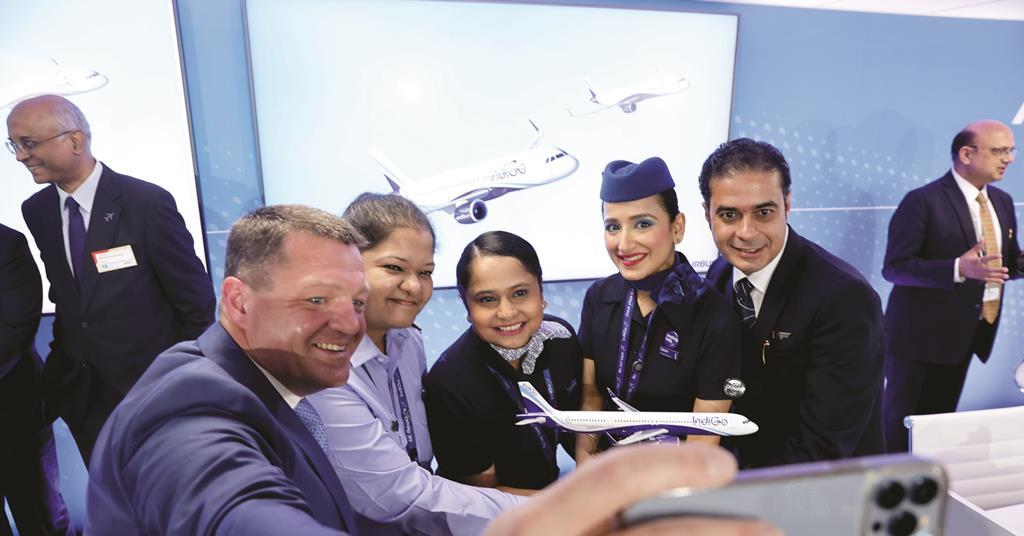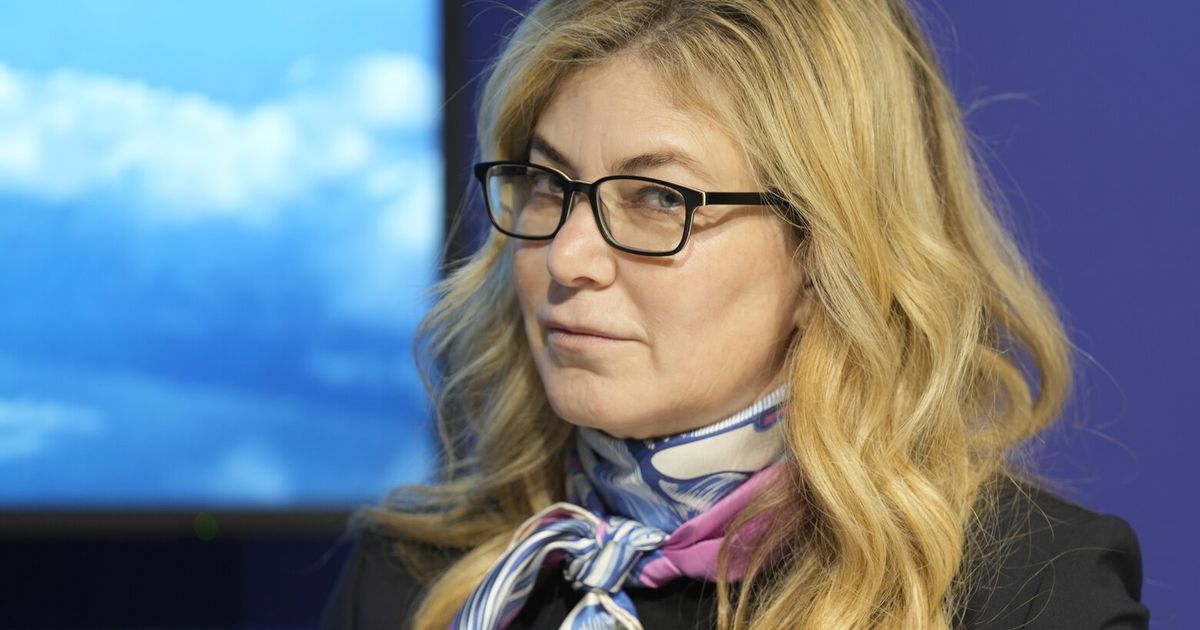
In the summer of 2024, Boeing forecasted a 3% increase in airplane deliveries over the next two decades, with nearly 44,000 new commercial airplanes needed by 2043. Single-aisle airplanes were expected to make up 71% of the fleet serving short to medium-haul routes, while the global widebody fleet was anticipated to double with 8,065 deliveries over the next twenty years. These predictions were published ahead of the Farnborough International Air Show, a significant event in the aviation industry. Boeing maintained a stable company status with orders sold out through this decade despite facing various challenges.
During the air show, Boeing focused on improving safety and quality while addressing potential strategic moves such as moving its headquarters back to Seattle or assuring Washington employees that they would build the next all-new jet. The company reduced its commercial airplanes display and flight demonstrations at the show, focusing on new technology, sustainability, security, and services solutions.
Boeing continued to face scrutiny over its 737 Max jets following crashes in Indonesia and Ethiopia. The company pleaded guilty to criminal charges related to the planes' safety issues and agreed to pay $2.5 billion in fines, penalties, and compensation. This led to increased competition from Airbus, which showcased its newest passenger jet at the Farnborough International Air Show with daily flight demonstrations.
In addition to safety concerns, Boeing faced allegations of quality-control lapses and retaliation against whistleblowers. The company was hit with a criminal fraud charge by the Justice Department, which revived a charge that Boeing had previously faced. Despite these challenges, Boeing remained focused on satisfying US regulators and customer commitments at the air show.


